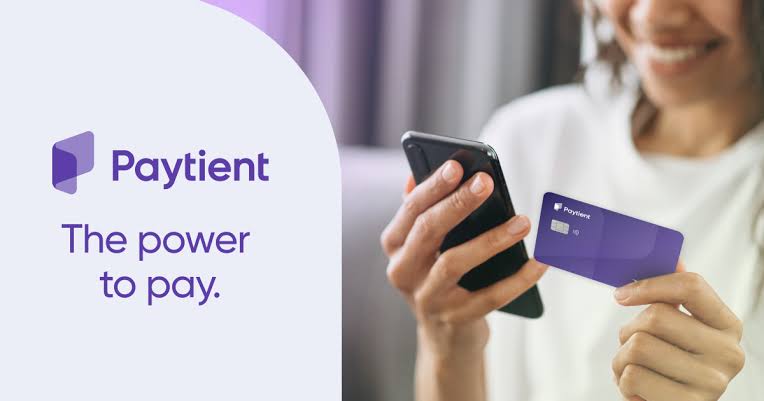Health payment accounts provider Paytient has raised $40.5 million in a Series B funding round.
The new funds include $33 million in equity and $7.5 million in debt and will be used to scale growth and product development, Paytient said in a Tuesday (January 10, 2023) press release.
Paytient partners with employers and insurers to help Americans pay out-of-pocket healthcare costs via interest-free credit on a Visa card and an app that allows them to set up flexible repayment plans, according to the press release.
“Few people plan on getting sick, and even fewer are immune to the financial impact of unexpected out-of-pocket healthcare costs,” Paytient Co-founder and CEO Brian Whorley said in the release.
Despite relatively accessible health insurance options, consumers often face overwhelming out-of-pocket costs.
Payment plans provide a helpful tool by enabling patients to stretch out their medical expenses over time, according to “Managing Healthcare Costs: How Patients Use Payment Plans,”
The report found that nearly 10% of patients used a payment plan to pay for their most recent doctor’s visit, and 52% of those who did so had received an unexpected bill.
The industry is “in the early innings” of a proactive approach in which practitioners offer pre-care cost estimates and then open up dialogues about healthcare costs and how to pay for it all, Experian Health President Tom Cox said in October.
“If you don’t have that conversation about payment options, we could just exacerbate that unintended consequence of more care postponed, which is why making sure that you exhaust every payment option is important for the patient,” Cox said at the time.
With the Paytient solution, employers, health systems and insurers sign up with Paytient to provide HPAs. Members then activate their Paytient Visa card and download the Paytient app, according to the press release.
When a member uses the card, they create a payment plan on the app, choosing the repayment timeline and the source of funds — with options including payroll deduction, bank account, health savings account (HSA) and flexible spending account (FSA), the release said.
At the same time, Paytient pays the provider in full. Card sponsors are not responsible for any unpaid balances, per the release.
“Fundamentally, we believe the healthcare journey deserves its own financial products that enable equitable access to care,” Whorley said in the release. “Our platform gives patients the power to control when and how they pay medical expenses in a way that’s good for their own wellbeing, and as historic inflation grips the market, this is solving an urgent need for employers and providers, too.”




